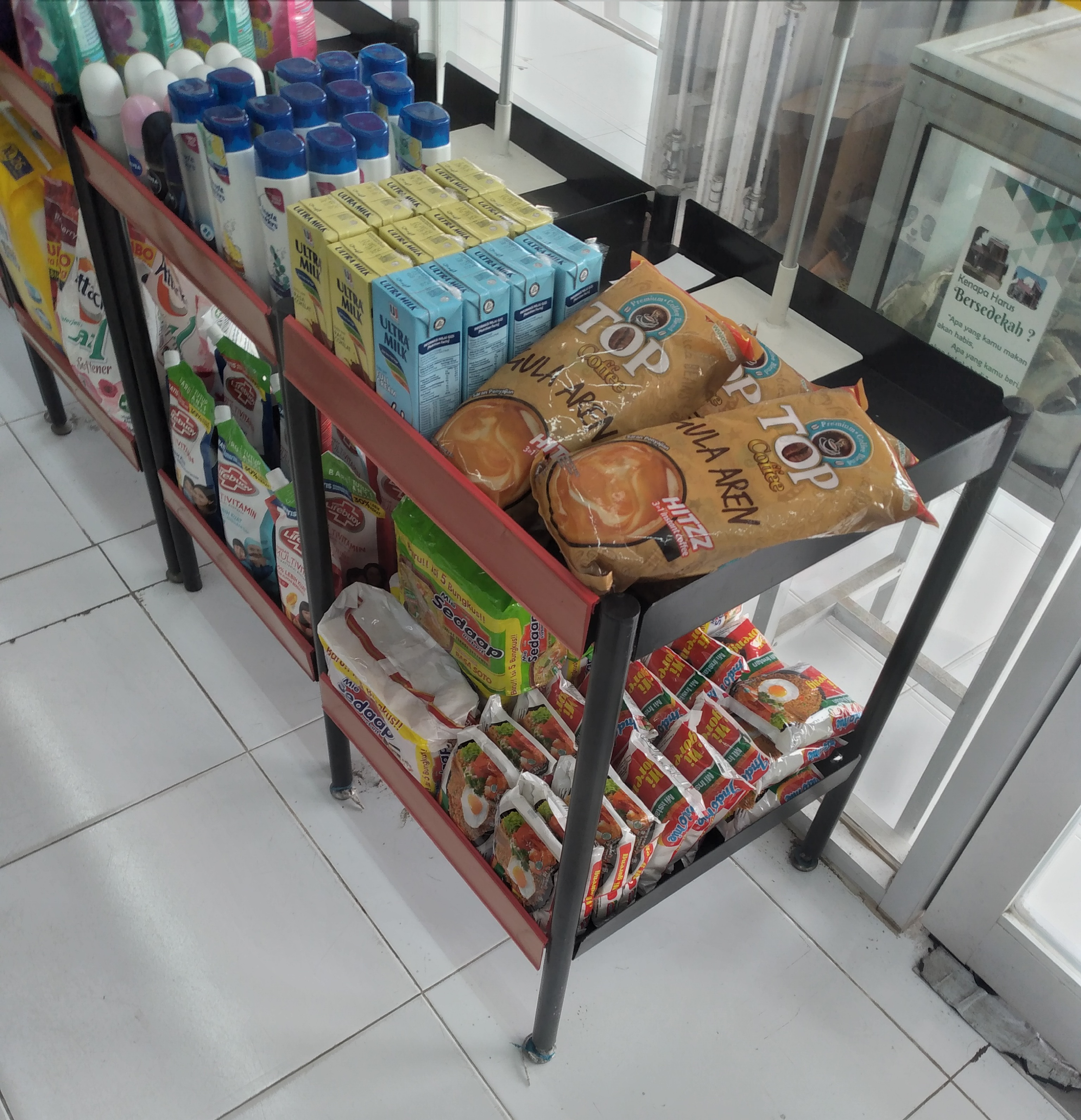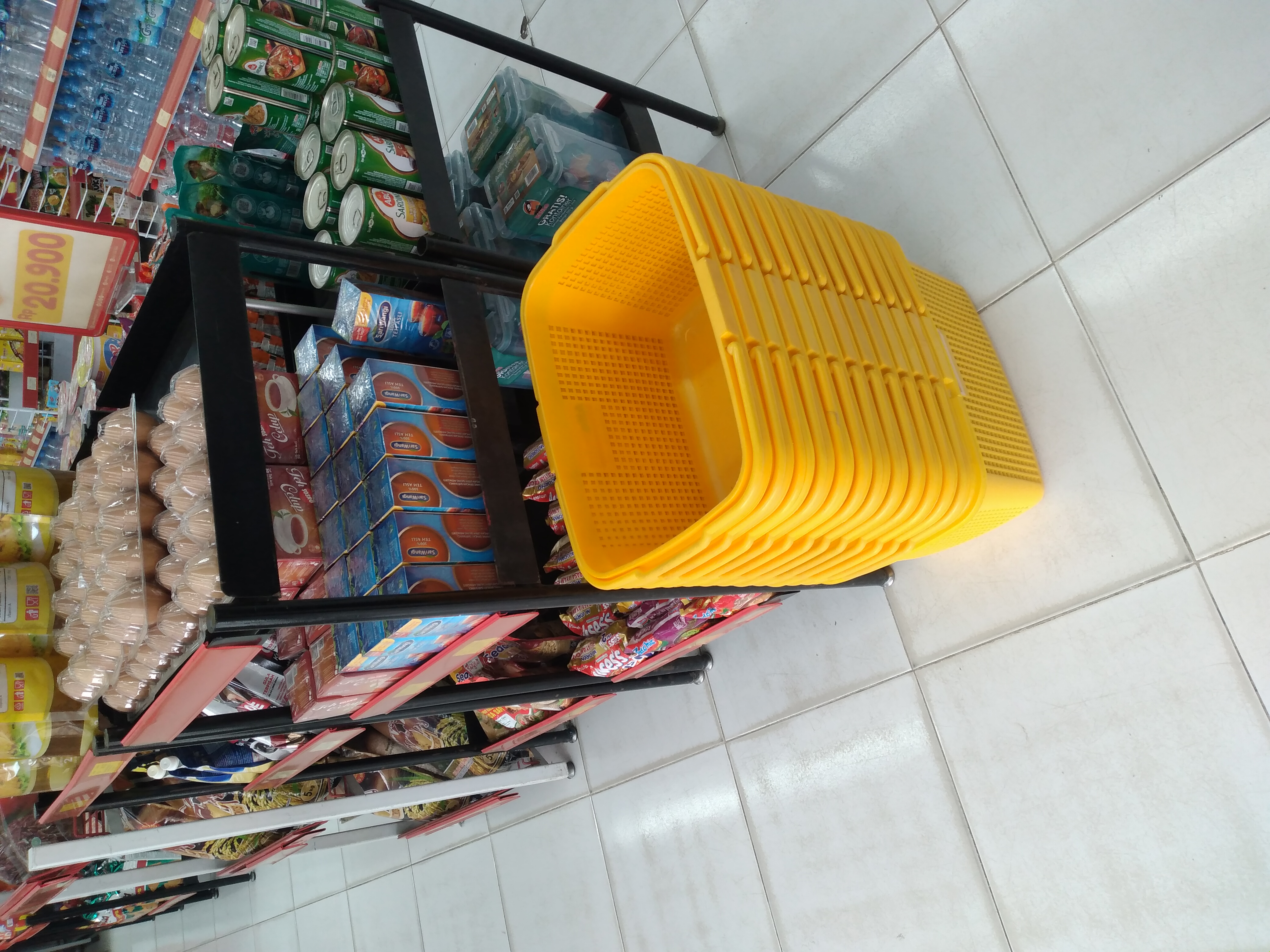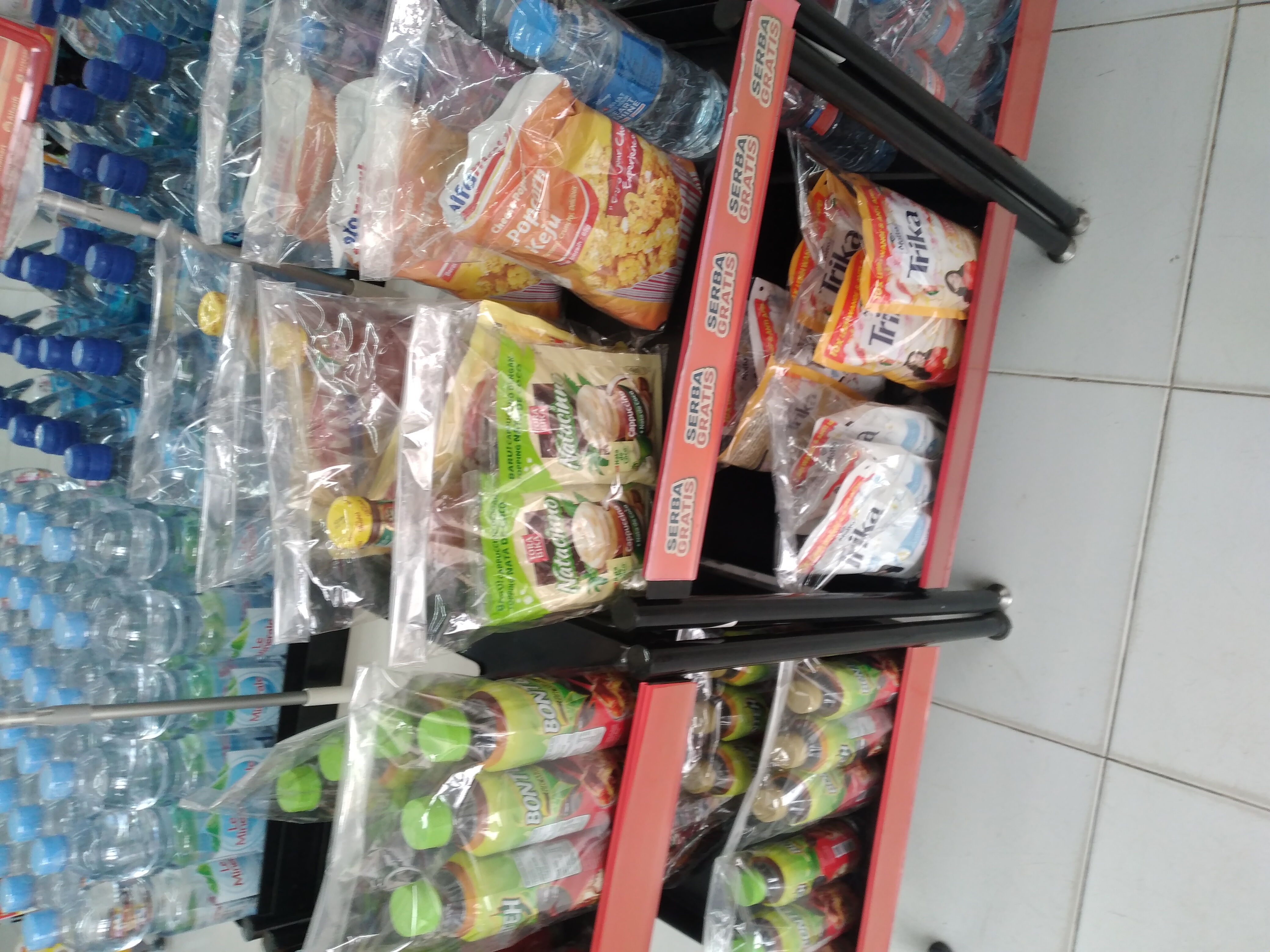shopping at the market

Shopping for monthly household needs has become a common thing for most Indonesians. Usually when doing monthly shopping, people buy various kinds of daily necessities such as groceries, toiletries, and so on.
These identical habits carried out by mothers tend to increase during the Covid-19 pandemic, especially spending on buying groceries (51 percent) and health products (20 percent).
The reason is that restrictions on outside activities cause people to spend more time at home and taking preventive steps to increase the body's resistance to dealing with Covid-19.
A survey released by Jakpat in June 2022 revealed several habit patterns carried out by people when shopping for monthly household needs. This survey was conducted on 2,000 respondents spread throughout Indonesia. Where do you think people usually shop for their monthly household needs?

Followed by traditional markets in 2nd position as the respondents' main choice for shopping for monthly household needs with a gain of 20.05 percent. Then, 16.35 percent of respondents revealed that they regularly shop for monthly household needs at grocery stores, placing them in 3rd position.
The 4th position is occupied by minimarkets with a percentage of 15.20 percent. Meanwhile, buying online is also the choice of respondents when shopping for monthly household needs with a percentage of 13.65 percent, placing it in 5th position.
The remaining 0.45 percent of respondents admitted that they had never bought household necessities in their life.
Of the majority of people who shop for monthly household needs in supermarkets or supermarkets, 54.95 percent of them use cash to pay for their purchases.
Meanwhile, 28.69 percent of respondents revealed that they usually use the debit card payment method when shopping for household needs in supermarkets. The remaining 11.41 percent of respondents admitted to using eWallet and 4.95 percent using credit cards.
Even though shopping at supermarkets is the mainstay of the majority of respondents, some respondents choose to shop for household needs elsewhere. The main reason respondents did not shop at supermarkets or supermarkets was because the location was far away with a percentage of 57.42 percent.




